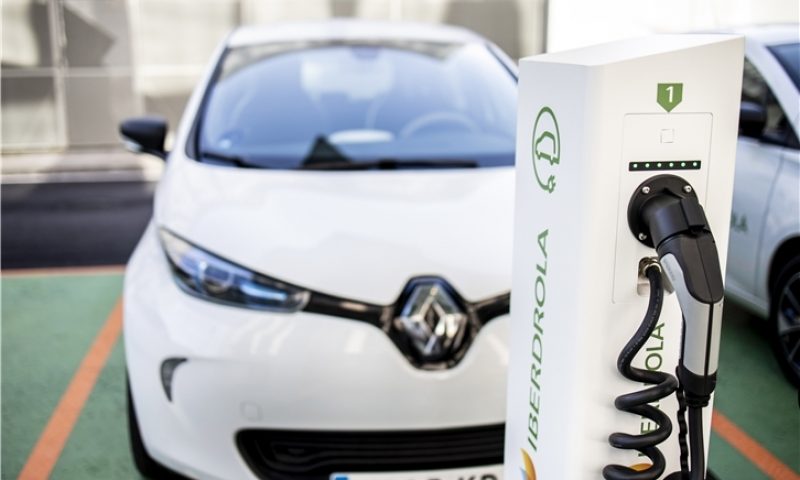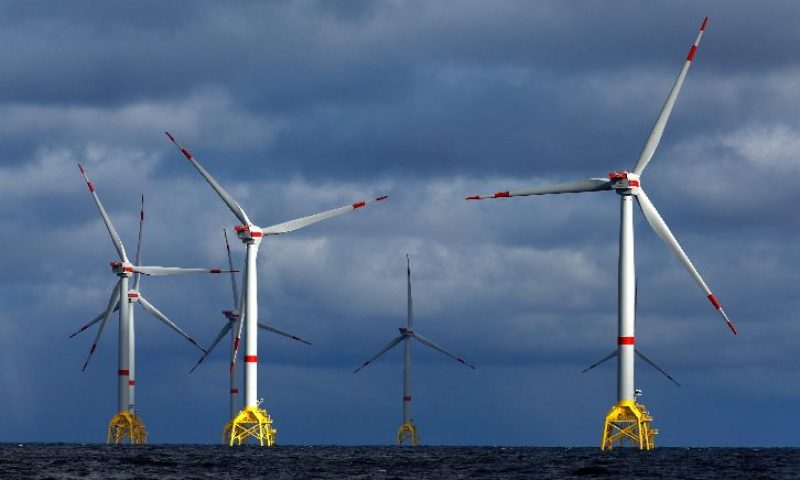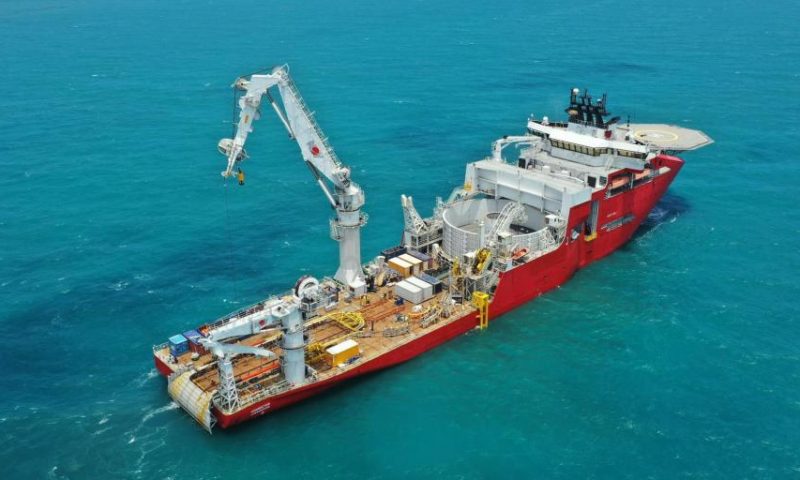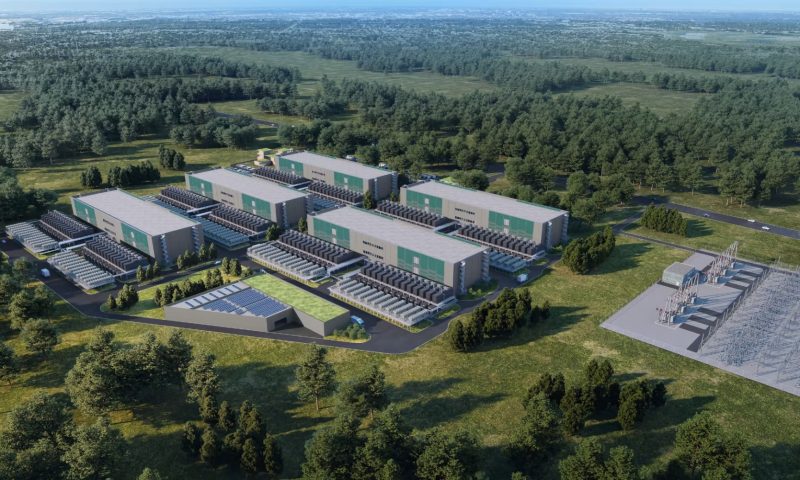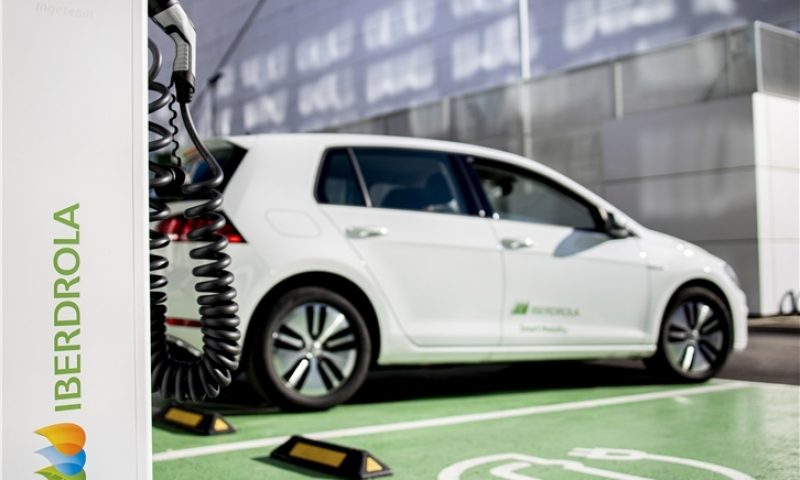
Iberdrola Accelerates its Electric Mobility Plans
Iberdrola has decided to ramp up its sustainable mobility plan, with more investment – a total of 150 million euros – to provide an even larger number of electric vehicle charging stations within the next five years.
Iberdrola has made transport electrification one of the priorities of its strategy to transition toward a decarbonised economy based on renewable energy and smart networks, which is why it is stepping up the charging infrastructure plan in Spain, and implementing it in other markets where it operates, such as the United Kingdom, Portugal and Italy.
The new sustainable mobility plan entails installing around 150,000 electric vehicle charging points – six times the number in the original plan – in homes, companies and public highways in cities as well as the main motorways and highways over the next five years.
The availability of these infrastructures on public roads is essential to meet demand for charging points, to cater for the demand foreseen and to cover Spain’s main road and motorway network. Because of this, Iberdrola is installing rapid charging stations and will provide ultra-rapid stations (350 kW) every 200 kilometres, super-rapid (150 kW) every 100 kilometres and rapid (50 kW), every 50 kilometres.
Electric vehicle drivers using Iberdrola charging points can charge their electric vehicles with 100% green energy from clean generation sources with renewable Guarantee of Origin (GoO) certificates.
“Decarbonising our economy is not just a matter for the energy sector. It also requires participation and commitment by all emitting sectors, particularly the transport industry, which will have a decisive impact on reducing pollution in our cities”, explained Luis Buil, global head of Smart Mobility at Iberdrola. “That’s why we have revised initial plan and have decided to be more ambitious in terms of investment and infrastructure capacities to continue to respond to the exponential growth expected in electric mobility from this year on”, he said.
“In this context, our task is to continue to support electrical mobility, removing obstacles to entry, promoting “zero emissions” driving and streamlining the transition to electric vehicles. All this while promoting the plan with all agents committed to the transition toward sustainable mobility”, he added.
